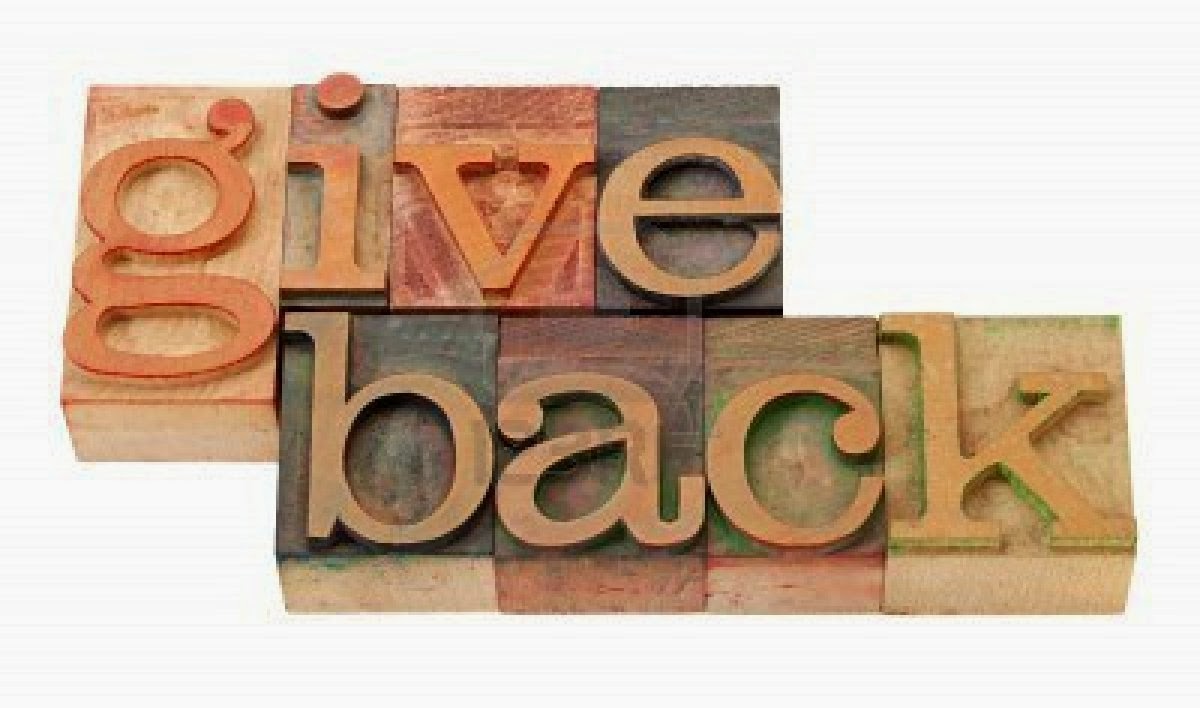 Sponsorship is a vital aspect of addiction recovery, offering support, guidance, and accountability to those striving to maintain sobriety. Becoming a sponsor is a powerful way to give back to the recovery community while reinforcing one’s own commitment to a sober lifestyle. If you are considering becoming a sponsor, understanding your role and responsibilities can help ensure that you provide meaningful support to your sponsee.
Sponsorship is a vital aspect of addiction recovery, offering support, guidance, and accountability to those striving to maintain sobriety. Becoming a sponsor is a powerful way to give back to the recovery community while reinforcing one’s own commitment to a sober lifestyle. If you are considering becoming a sponsor, understanding your role and responsibilities can help ensure that you provide meaningful support to your sponsee.
What Is a Sponsor?
A sponsor is a person in long-term recovery who mentors someone new to sobriety, typically within a 12-step program such as Alcoholics Anonymous (AA) or Narcotics Anonymous (NA). The sponsor acts as a trusted confidant, helping the sponsee navigate the challenges of recovery, work through the 12 steps, and develop strategies for maintaining sobriety. Sponsorship is built on honesty, trust, and mutual respect.
The Role and Responsibilities of a Sponsor
Being a sponsor is not about being a therapist or a rescuer. Instead, a sponsor shares their personal experiences, offers encouragement, and holds the sponsee accountable in their recovery journey. Key responsibilities include:
- Guiding Through the 12 Steps: A sponsor helps their sponsee understand and apply the principles of the 12-step program.
- Providing Emotional Support: Recovery can be overwhelming, and having a sponsor to talk to can help a sponsee stay committed.
- Encouraging Accountability: Regular check-ins and honest discussions help prevent relapse and build trust.
- Leading by Example: A sponsor models what long-term sobriety looks like, showing that a fulfilling life without substances is possible.
- Respecting Boundaries: Sponsors should avoid taking on too much responsibility for their sponsee’s recovery, as ultimately, the journey is a personal one.
Qualities of an Effective Sponsor
A good sponsor possesses several key traits that enable them to support their sponsee effectively:
- Empathy: Understanding the struggles of addiction helps build a supportive relationship.
- Patience: Recovery is a long and sometimes challenging process that requires consistent encouragement.
- Honesty: A sponsor must be willing to speak the truth, even when it is difficult.
- Commitment: Consistency in communication and support strengthens the sponsor-sponsee bond.
- Strong Sobriety: A sponsor should have significant experience in recovery and demonstrate a stable, substance-free life.
The Benefits of Sponsorship
Sponsorship is a mutually beneficial relationship. For the sponsee, having a sponsor provides guidance, reassurance, and accountability. For the sponsor, helping someone else navigate recovery reinforces their own sobriety and provides a sense of purpose and fulfillment. Many sponsors find that giving back to the recovery community strengthens their commitment to living a sober life.
Conclusion
Becoming a sponsor is a meaningful way to support others while reinforcing your own recovery. It is a role that requires dedication, empathy, and a willingness to share personal experiences. If you are ready to take on this responsibility, you can make a profound impact on someone’s journey to sobriety, offering hope and encouragement in the process. In the end, sponsorship is not just about guiding another person—it’s about walking the path of recovery together.
